
Happy February, my Lovelies! Whether you struggled through January wet or dry, hopefully a few good books eased the journey into the coming longer days, as they did for me. One of the innovations I’m adding to the blog for 2022 is post at the beginning of each month about what writers love to do best – next to writing, of course. No! I’m not talking about sex, you naughty people! That is obviously in a league of its own. Writers love to read. In fact they’re passionate about reading, and almost all us wish we had more time for it.
Every writer will tell you that reading is as much a part of writing as putting words on the page. Every book I read makes me a better writer. But that’s a post yet to come.
I tend to binge read when I discover an author I really like, and January’s author for my big binge was the fabulous V. E. Schwab. If you’ve not read anything by her, then you are seriously missing out. You may recall my favorite book of 2021 happened to be one of her novels – the first of hers I’d ever read. The Invisible Life of Addie La Rue. is magical realism at its best and a great place to begin to get to know this amazing writer. Imagine making a deal with the devil to live a life different from the one being forced up on you, then finding yourself cursed with immortality, always to remember every experience, but never to be remembered by anyone. For Addie La Rue, the only way out is to call in the deal and hand over her soul. In fact I was so impressed that I spent a great deal of my January reading with Schwab’s novels.
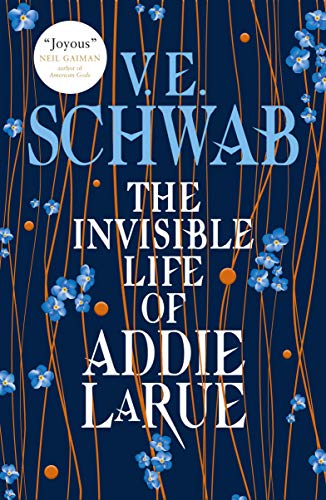
I’d been contemplating V. E. Schwab’s A Darker Shade of Magic series for some time, and after reading Addie La Rue, I knew it had to happen. ADSM is nothing like Addie, and yet equally skillfully written and gripping. ADSM is pure fantasy with a touch of alternate Regency England style thrown in for good measure. The trilogy is set in a world where four Different Londons exist at the same time in the same space. They are all different, all dangerous and all craving the magic only Red London has, with only three people who can travel between them. I spent a lot of time reading when I should have been sleeping. Sorry/not sorry!
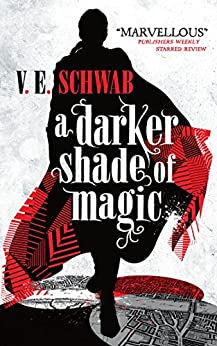
It wasn’t enough. I had to have more. Sooooo, I read her duology, The Archived, written as Victoria Schwab, and more sleep was lost in more delectable late-night reading. The Archived is YA urban fantasy at its best with a dark and gripping twist on the afterlife. Unputdownable.
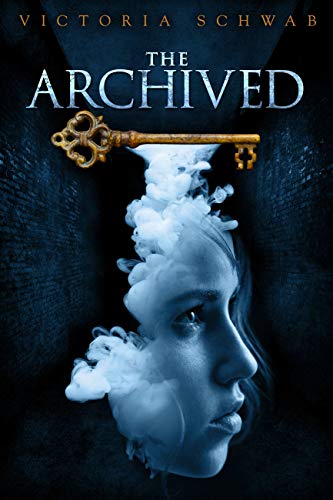
Yup, my book-loving compadres, V. E. Schwab is, hands down, my choice for January’s Best Author of the Month. If you’re looking for some seriously fun, totally gripping reading that will keep you reading far to late into the night, be sure to check out V. E. Schwab.
I’m hoping to have something special for you next week, so please check in to find out my favorite condiments for the month. 🙂 Just kidding. But who doesn’t like a good condiment recommendation, right?
 Like most writers, my first thought of being stuck is always in relation to my work, though I seldom get writers’ block. While I do have a lot of unfinished stories, most have been tucked away because I had other more pressing projects, or the energy just wasn’t there for them at the time. Some get finished, some don’t. Others have evolved into something else entirely or have been cannibalized by still other stories. Even if I am stuck in some part of a story with a plot logjam, almost always a good long walk will help me figure out what to do to move forward.
Like most writers, my first thought of being stuck is always in relation to my work, though I seldom get writers’ block. While I do have a lot of unfinished stories, most have been tucked away because I had other more pressing projects, or the energy just wasn’t there for them at the time. Some get finished, some don’t. Others have evolved into something else entirely or have been cannibalized by still other stories. Even if I am stuck in some part of a story with a plot logjam, almost always a good long walk will help me figure out what to do to move forward.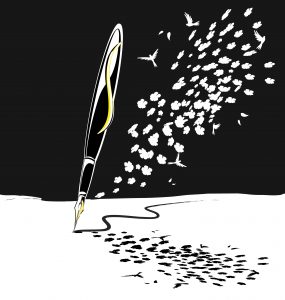

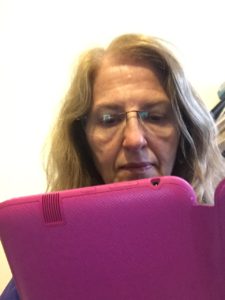
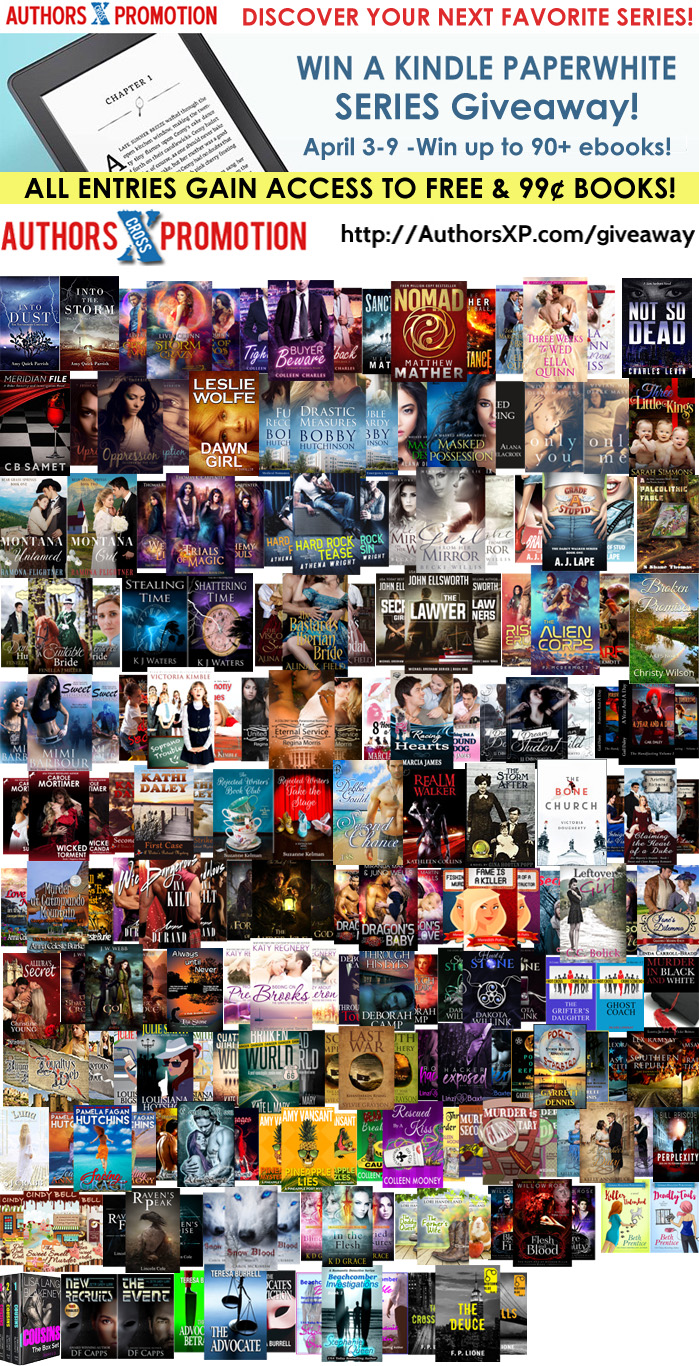

 When I read as a writer, especially when I read fiction, the process takes on a whole different purpose. I realized this after reading a particularly fabulous short story that completely enthralled me for the course of several thousand words. And when I came back to the real world, I found myself not only analyzing what made the story so amazing, but analyzing how I as a writer read it differently than I would if I weren’t a writer.
When I read as a writer, especially when I read fiction, the process takes on a whole different purpose. I realized this after reading a particularly fabulous short story that completely enthralled me for the course of several thousand words. And when I came back to the real world, I found myself not only analyzing what made the story so amazing, but analyzing how I as a writer read it differently than I would if I weren’t a writer.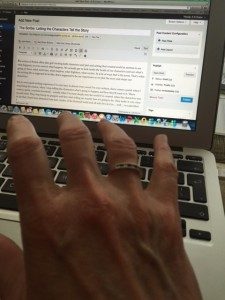 often sexual, and a well-written sex scene carries with it the weight of human emotion. It carries with it the drive to reach that magical point where two become one, where we are as close to being in the skin of ‘the other’ as it is possible
often sexual, and a well-written sex scene carries with it the weight of human emotion. It carries with it the drive to reach that magical point where two become one, where we are as close to being in the skin of ‘the other’ as it is possible